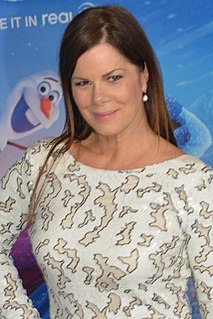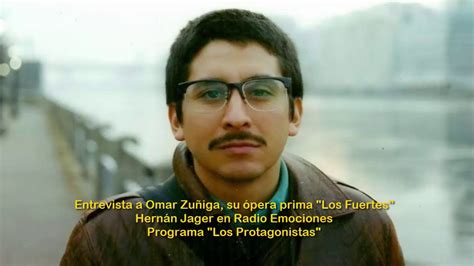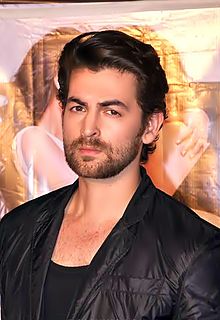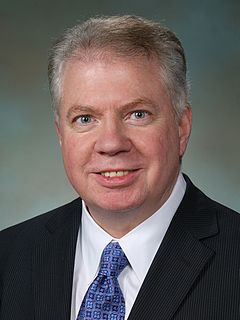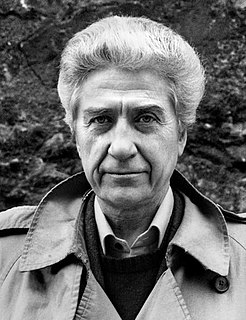A Quote by Marcia Gay Harden
You can manipulate the viewer in film. With theater, what you see is what you get.
Related Quotes
A book is a human-powered film projector (complete with feature film) that advances at a speed fully customized to the viewer's mood or fancy. This rare harmony between object and user arises from the minimal skills required to manipulate a bound sequence of pages. Each piece of paper embodies a corresponding instant of time which remains frozen until liberated by the
act of turning a page.
When I was younger, I definitely thought musical theater was sort of more pure than film. I used to say I'd never go to film because we had to get it right the first time in musical theater. But then, of course, I started doing film and realized I loved it. Keep in mind that I was 8 years old when I said that.
In the theater the audience is generally riveted to a single angle of observation. The movie director, though, can rapidly shift from objective to subjective--and to any number of subjective points of view--and in so doing seem to pull the audience directly inside the frame of his picture, giving the spectator the sense of experiencing an action from the viewpoint of a participant. Identification of the viewer with the film character, then, can be much more intimate than the analogous situation in the theater.
I think film is a world of directors. Theater is a world of actors. Or, theater is for actors as cinema is for directors. I started in theater. Filming is as complete as directing film. In theater, you are there, you have a character, you have a play, you have a light, you have a set, you have an audience, and you're in control, and every night is different depending on you and the relationship with the other actors. It's as simple as that. So, you are given all the tools.
